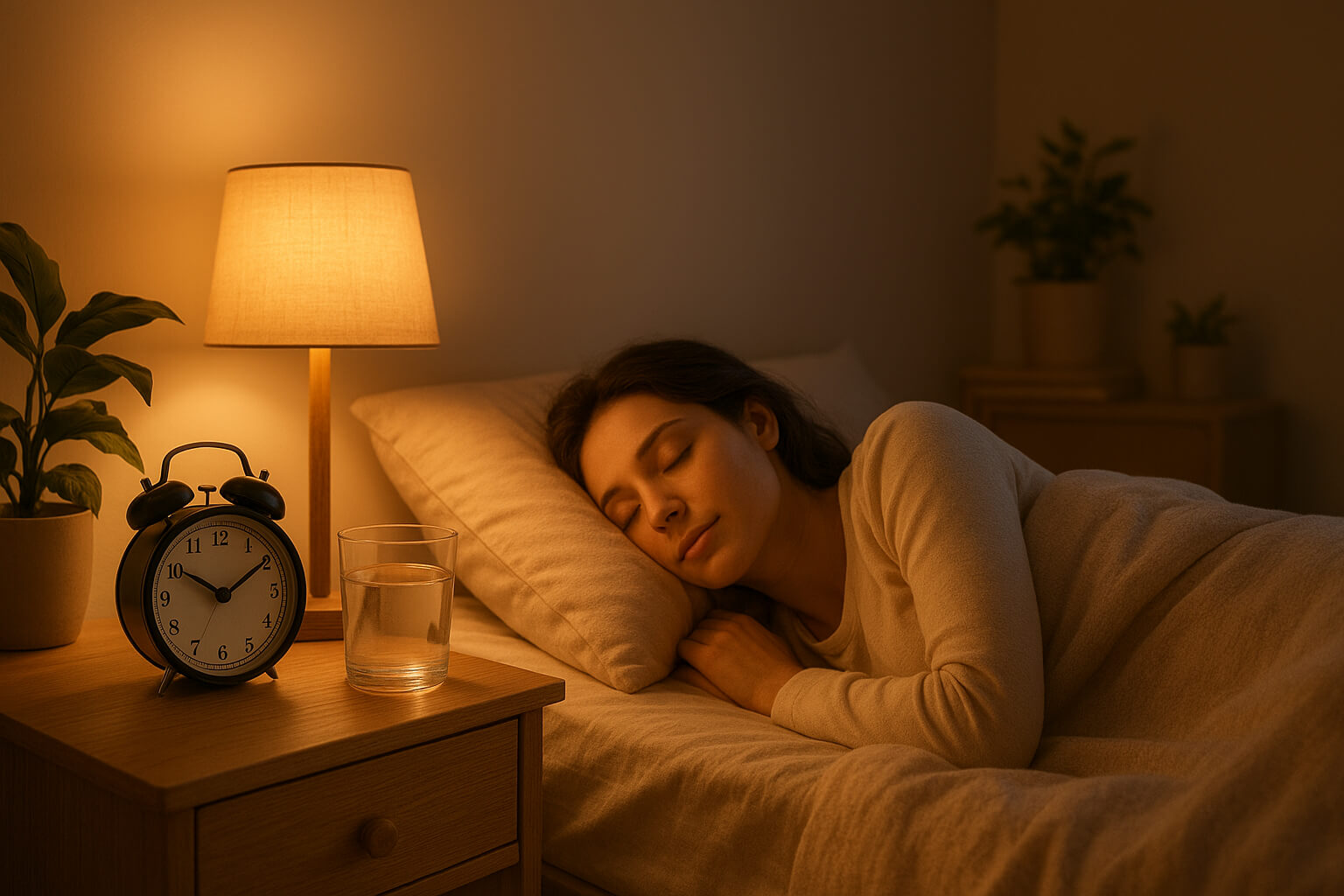August 20, 2025

Sleep is often viewed as a passive state—something we do to rest and recharge. But it’s so much more than just a break from the demands of daily life. Sleep is vital for maintaining both your physical health and mental well-being. Yet, in our modern, fast-paced world, many of us sacrifice sleep for work, social engagements, or screen time, underestimating its importance.
Research has shown time and again that good sleep is not just important, it’s foundational. Whether you're recovering from illness, learning new skills, or facing emotional challenges, sleep plays a critical role in all aspects of life. Let’s explore how sleep affects our health and well-being, and why it should be a top priority.
When we sleep, our bodies are hard at work—repairing, regenerating, and recalibrating. Sleep is the time when:
According to the Centers for Disease Control and Prevention (CDC), adults need 7–9 hours of sleep per night. Consistently skimping on sleep can lead to serious long-term consequences, from chronic conditions like heart disease and diabetes to mental health challenges like depression.
Sleep isn't just about “resting” the body; it’s about maintaining the delicate balance that sustains overall health. In fact, inadequate sleep can disrupt many of the body's vital systems, affecting everything from hormone production to immune function.
A lack of sleep is similarly disruptive to mental health—decreasing emotional resilience and impairing cognitive functions. Learn more about breaking the stigma around mental health.
Sleep impacts almost every physiological process in the body. Here are some of the most important ways sleep supports your health:
A good night’s sleep also promotes the body’s ability to maintain normal blood sugar levels, which reduces the risk of type 2 diabetes. Similarly, sleep plays a role in reducing inflammation—vital for overall health and healing.
Sleep doesn’t just fuel the body; it nourishes the mind. Here are some ways that sleep improves your mental health:
A well-rested person tends to have higher levels of mental well-being, and is better equipped to handle difficult emotional situations. For more insights on improving your mental health and stress management, check out stress management techniques for a balanced life.
It’s not always obvious when you’re sleep-deprived, but the signs can manifest in several ways. Some common indicators that you’re not getting enough quality sleep include:
If these signs sound familiar, it’s your body’s way of signaling that it’s time to prioritize sleep. Long-term sleep deprivation can contribute to chronic fatigue and impact other health areas like cognitive function and emotional well-being.
Improving sleep quality doesn’t require drastic changes—often, it’s small habits that lead to the biggest improvements. Here are some actionable tips to help you get the restorative sleep you need:
For more on building better routines for your overall well-being, check out this guide on building daily habits, which provides useful strategies for habit formation—something that applies not just to musicians, but to anyone looking to enhance their health.
While missing a few hours of sleep here and there won’t do much harm, chronic sleep deprivation can have serious long-term effects. Here are some potential consequences of consistently poor sleep:
Chronic sleep deprivation is just as damaging to your health as poor nutrition or lack of exercise. Harvard Medical School’s Division of Sleep Medicine emphasizes that sleep is a foundational pillar of good health, which is why it’s critical to establish healthy sleep habits early in life.
Sleep is not a luxury—it’s a biological necessity. Prioritizing 7–9 hours of sleep each night helps to protect your physical health, supports mental resilience, and enhances emotional well-being. By practicing good sleep hygiene and recognizing the signs of sleep deprivation, you can dramatically improve your quality of life.
So tonight, instead of staying up late for just one more task, try hitting the sack early and see how much more energized and focused you feel the next day. You’ll be amazed at how much of a difference a good night’s sleep can make.
Stay up to date with the latest tips, expert insights, product reviews, and step-by-step guides to help you grow, create, and succeed—no matter your industry or passion.